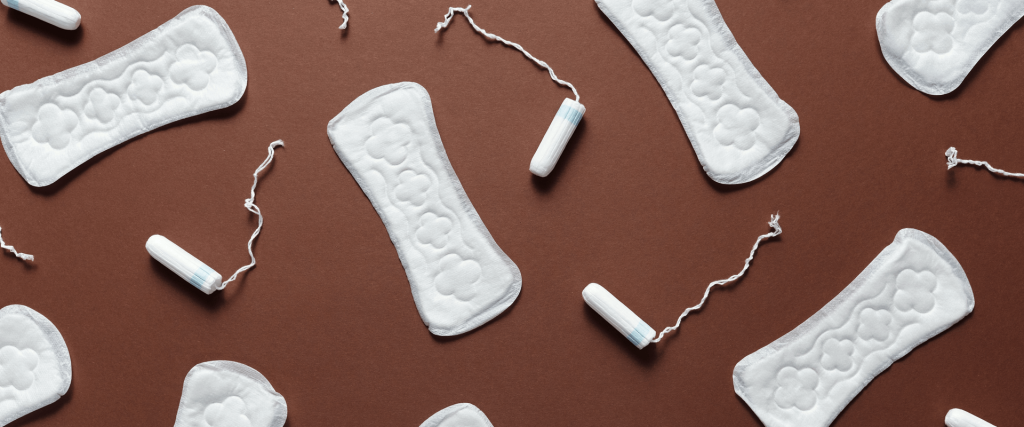CISU Platform drew attention to the “hygiene” problem in the earthquake region and drew attention to the risks of infection that would affect women and children.
Hygiene is one of the most important problems for women trying to survive in tents or outside after the earthquake. In the light of data from the region, the Sexual and Reproductive Health Rights Platform (CISU) reported that the risk of infection that can affect women and children due to inadequate hygiene is increasing day by day.
According to the United Nations Population Fund, there are 226,000 pregnant women affected by the earthquake, and 25,000 of them are expected to give birth next month. The risk of infection is much greater for women who will give birth.
Access to clean water has become a luxury
Tuğçe Canbolat, from the Women’s Human Rights New Solutions Association, who volunteers at a warehouse in the center of Adıyaman and is also a member of the CISU Platform, drew attention to the fact that the most important problem in the earthquake area is thirst. Stating that the need for sanitary pads has been met to a large extent, Canpolat said, “Rather than pads, women’s access to hygiene and cleaning materials, toilets and clean water is very limited at the moment. Women mostly demand materials such as bleach, shampoo, toothbrush, toothpaste, toilet paper. For example, the warehouse where I work is about to run out of toilet paper. Even if the underwear arrives, it runs out immediately. Since the care and cleaning of children and living spaces are also on women, they need cleaning materials very much. Apart from these, there is a great need for simple drugs such as fungus cream to prevent infections that can be seen in the short and medium term.
TAPV Sexual and Reproductive Health Trainer Nurşen Kanbur mentioned that the use of bleach is also important in the cleaning of toilets and said, “Bleach should be diluted and used in toilet cleaning. It can be used to clean toilets, surfaces and door handles by mixing 1 measure of bleach with 9 scales of water. It is not used in kitchens,” he said.

Women who miscarry too much
Çağla Akdere, a member of the CISU Platform and a member of the Women’s Solidarity Foundation (KADAV), who works voluntarily in search and rescue efforts in Gaziantep, said that it is very difficult for women to access the toilet. Stating that women try to meet their toilet needs by going to the relatively slightly damaged and undestroyed one-story houses in the region, Akdere continued: “The number of mobile toilets is very limited. There is a huge hygiene problem. No underwear but very few changing places though. It is not possible to change there as the toilets are very dirty. There are many people who experience infections such as cystitis, not only in those living in the earthquake zone, but also in women who work voluntarily. The need for pads was still going on in the region where I was, because although women tried to meet their needs by going to the points determined by AFAD, a regular need-meeting system was not established. Clothes are piled on the sidewalks and people are trying to get out of here and find their needs. There is also a huge problem of private space for women, the number of inhabitants in a house goes up to 45. As I learned from my other friends working in Hatay, the number of miscarriage and pregnant women is very high. We are trying to establish infirmaries where they can access health services for these women. Women also have a lot of psychological difficulties.”
Gynecologist Doctor Irmak Saraç pointed out that women in the earthquake region had to live in adverse health conditions due to problems such as not being able to find a toilet and not finding clean water. Saraç made the following suggestions for women in the region: “It is not necessary to wash the genital area after every toilet. If it is accessible, it is sufficient to wipe it with toilet paper and dry it. It is not appropriate to use wet wipes. These products may cause allergic reactions in the genital area. If pads and tampons are accessible, try to change them more often. Constant wetness of the vulva attached to the pads and weakened immune system due to stress and feeding problems can sometimes lead to opportunistic infections. Holding urine for a long time can also lead to urinary tract infection. After each time, hands should be washed with soap and water. If it cannot be reached, disinfectant can be used for hands.”
About CISU
CISU Platform accepts that sexual and reproductive rights are within the scope of basic human rights; working to promote access to sexual and reproductive health rights and services without discrimination; It aims to ensure that national and local non-governmental organizations, academic institutions, professional organizations and academicians come together to carry out joint advocacy works in the private life and public sphere of the individual. CISU Platform carried out work between 2013-2018 under the name of Cairo +20 and Sustainable Development Goals Platform. Platform activities were reactivated as of February 2020, within the scope of the “Strengthening the Reproductive Rights and Health Platform in Turkey” project supported by the Civil Society Networks and Platforms Support Program carried out by the European Union (EU) Delegation to Turkey. The platform consists of non-governmental organizations and individual members working in the field of sexual and reproductive health, family planning, women’s health, public health, gender equality, sexual orientation and gender identity, sexually transmitted infections, disability, asylum seekers and refugees, youth and law. .




























